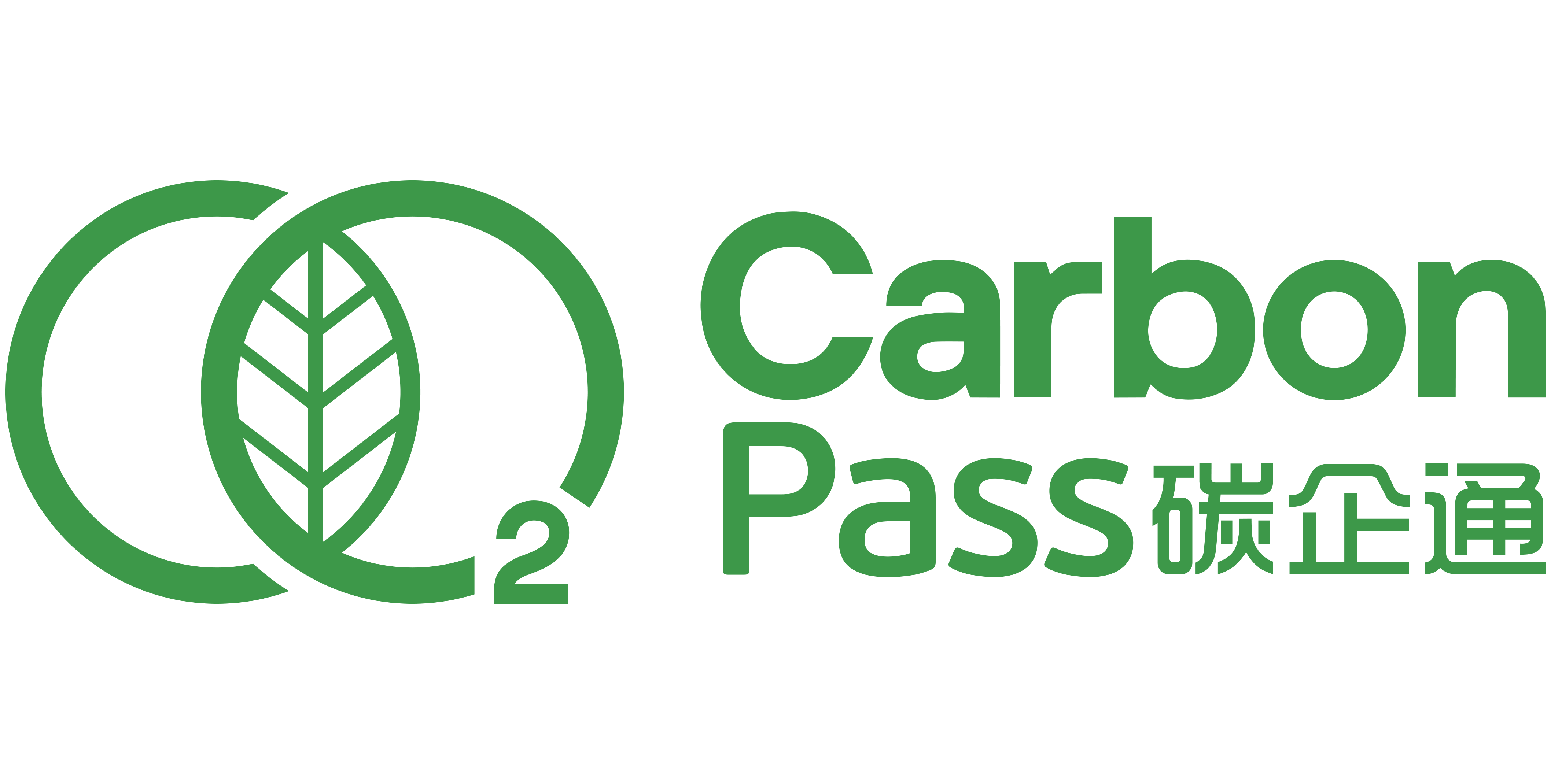EU to give green light to GM crops to fight climate change, food crisis
On Monday, June 26, according to media reports, the European Union, which has always been strict in agriculture, plans to lift restrictions on some genetically modified crops to enable farmers to cope with climate change and a potential food crisis. But the move could Reignite the Europe-wide debate over the controversial technology.

A draft EU regulation proposes that many GM plants should be approved as conventional plants, rather than being considered GM crops.
The EU plans to create a new category of crops that use genetically modified technology, but the crops themselves can also be achieved through traditional breeding techniques, including drought-resistant wheat, fungus-resistant tomatoes and potatoes with low levels of acrylamide. May cause cancer after frying.
It should be noted that the genetic modification here is not the genetic modification of introducing alien species, but the deletion or addition of genes from the same or similar species. For example, combining wheat with large spikes and high yields with wheat with thick stems and Strong wind resistance becomes a new variety of wheat with large yields but more wind resistance.
EU officials say the new technologies are crucial to maintaining crop yields at a time when climate disasters such as droughts and floods are becoming more frequent. Such crops will also reduce the use of pesticides, fertilizers and other chemicals. The proposal could still be revised before it is presented by the European Commission on July 5.
Previously, since most crops using GM technology could not be bred naturally, they needed to obtain a comprehensive GM authorization in the EU before they could be promoted. The European Union is one of the regions with the strictest management of genetically modified crops and products in the world. In view of the opposition pressure from the public and political circles, the EU has only approved a small number of genetically modified crops, which are mainly used to feed animals, and the process of obtaining authorization for genetically modified crops is quite time-consuming and laborious. expensive.
An EU official said last week the EU announced the approval of three types of genetically modified corn, three types of genetically modified soybeans and one type of genetically modified cotton. These seven products can be used as food or feed, but cannot be grown within the EU. Statistics show that the EU has approved dozens of genetically modified foods and feeds, including corn, soybeans, cotton, rapeseed and sugar beets.
Article source: Sina Finance


